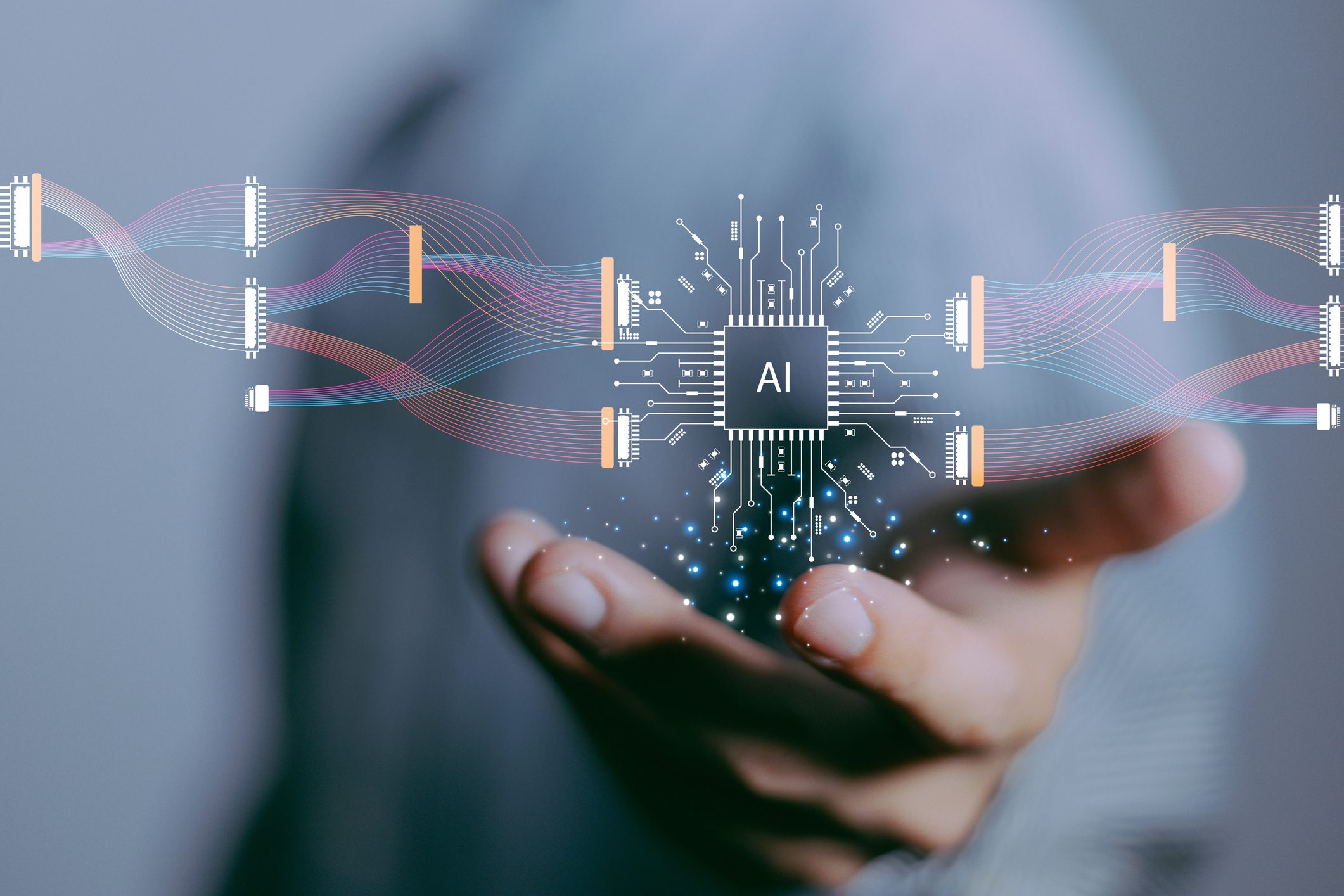Back in 2023, we reported on the European Parliament passing the EU AI Act. Over a year later, on 1 August 2024, this EU AI Act came into force. The Act aims to regulate development and use of AI systems by businesses in the EU and champions principles of transparency, human oversight and accountability. Compliance with the EU AI Act is compulsory for businesses using AI in the EU, with hefty fines imposed for violations and prohibited AI practices.
Whilst the EU AI Act is now in force, many of its rules and prohibitions do not yet apply. These will be introduced in a staggered way over the next 2-3 years.
To bridge the gap, the EU Commission has introduced the EU AI Pact – a voluntary and non-binding initiative to encourage businesses to comply with the key obligations of the EU AI Act ahead of time. Businesses may choose to engage with the Pact to promote trust in their AI technologies and to allow them to work more closely with the EU Commission to build a common understanding of the Act.
However, to date, the take up of the Pact has been mixed. While some big players in the technology industry such as Google, Open AI, IBM, Amazon and Samsung have already signed up, others such as Meta, TikTok, X and Spotify have not.
In some cases, it is thought that the decision not to sign up to the Pact may be due to uncertainty around the specific requirements of the Act and may reflect broader tensions between regulatory bodies and segments of the technology industry. For example, a few of the non-signatories have signed an open letter calling for greater regulatory certainty on AI in the EU.
Nonetheless, it appears that increasing regulation of AI use around the world is likely, if not inevitable, and early initiatives such as the EU AI Act and Pact may help shape the global regulation standards. For example, the EU AI Act already appears to be influencing the International AI Convention, where its principles of transparency for AI-generated content, oversight requirements and accountability have been broadly reproduced.
Moreover, it does not appear that the current regulations are hampering the use of AI in the EU, and many companies have successfully launched AI products in the EU over the past few months to years. For example, Google has launched their AI service, Gemini in the EU without any hiccups and all of OpenAI’s ChatGPT models have been made available in the EU as well.
However, one possible future consequence of increased regulation, particularly with increased requirements for transparency/disclosure, is an increase in the use of intellectual property protection mechanisms in order to protect aspects of innovations which may previously have been kept secret. Patents may be particularly desirable here, as they offer absolute monopoly protection and because many patent offices, including the European Patent Office, are becoming increasingly receptive to patenting AI technologies.
As ever, we will provide updates as things progress over the next few years.



